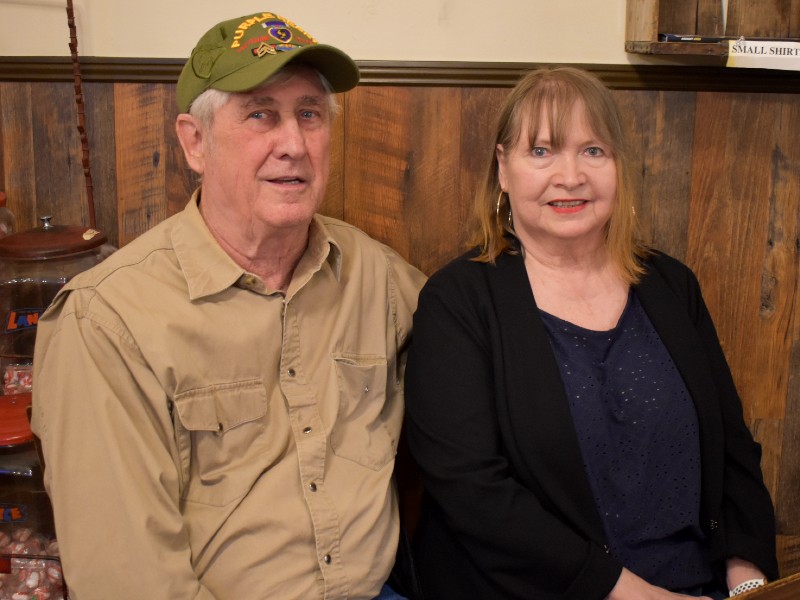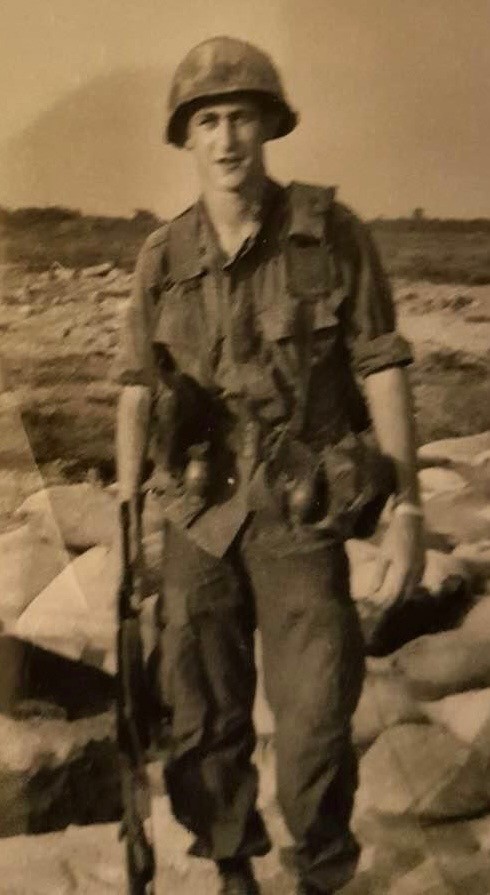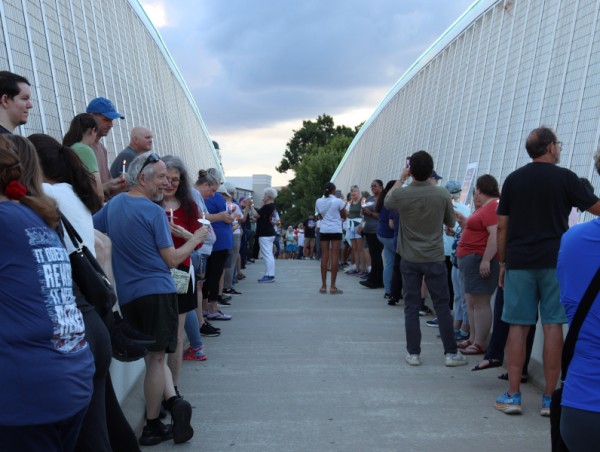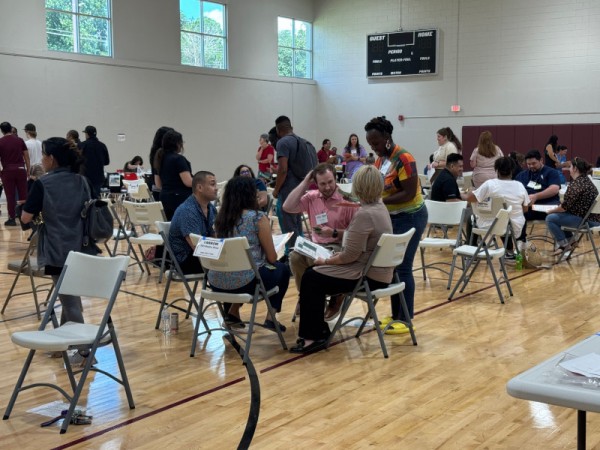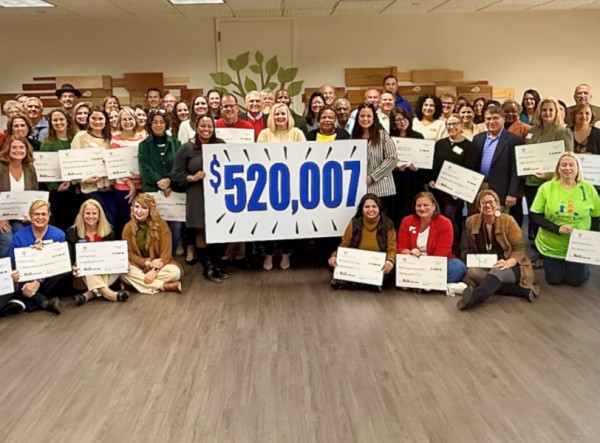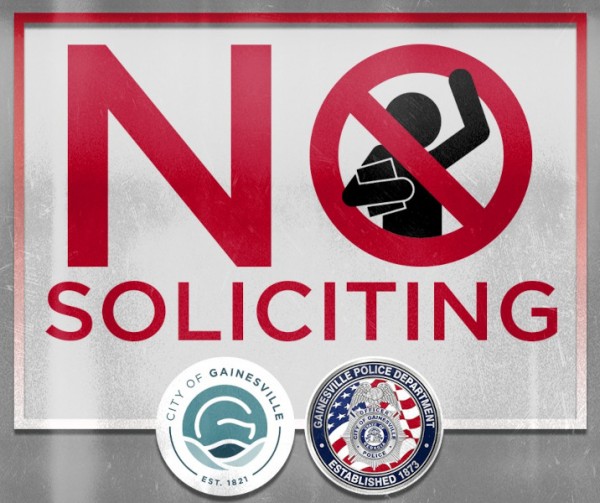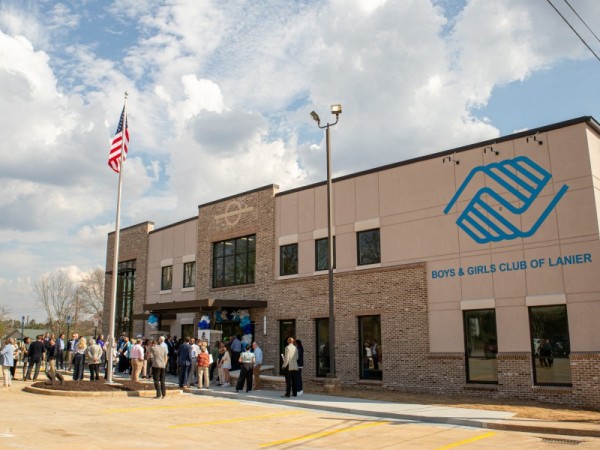A Gainesville native tells his story of being drafted into the Vietnam War at 19 years old.
Jerry Peck sits in the corner of the main dining area at Longstreet Cafe, joined by his wife of 51 years, Sylvia Peck. Jerry has a forest green veterans hat on, featuring a Purple Heart combat award stitched into its surface. They have finished dinner, complete with a side of cobbler. As other locals make their way in and out of the restaurant, they wave, tip their caps and greet the smiling couple.
Peck was drafted into the United States Army at the young age of 19. It was September 1966 when Jerry was sent into Basic Training at Fort Benning, Georgia. He was later transferred to Fort Polk in Louisiana where he underwent Jungle Training. On Feb. 25, 1967, Peck turned 20. Just four days later on March 1, he was sent to fight on the front lines in Vietnam.
Peck was assigned to the 1st Infantry Division, also known as the Big Red One. His group was base-camped at Dian, where he was then assigned to be an ammo bearer. Peck carried 400 rounds of M-60 machine gun ammunition in cans, each can housing 200 rounds.
Peck’s division was sent to fight in Junction City on the Cambodian border. He said it was one of the most challenging tasks during his time serving.
“It was really, probably the worst operation I was ever in,” Peck said. “We were just being mortared night and day, living in foxholes. Stayed up there about 55 days or so, had one change of uniform that whole time, and never had a shower or anything like that.”
Toward the end of his division’s fight in Junction City, Peck was wounded during an attack.
“The end of April, they were shutting that down,” Peck said. “And we were preparing, we covered up our foxholes, preparing to move out. We had a five-mile walk down a dirt road and just tried to catch helicopters. About the time we got the foxholes covered out to get ready to move out, of course, the VC [Viet Cong] started mortaring again. And I got hit that day, I got hit in the arm by a mortar round.”
Peck said it was not too bad, still managing to walk out with a medic at his side. For the next five days, Peck and his division were able to sleep in bunkbeds, take showers and get new changes of clothes. On the second day, they held a ceremony where Peck was awarded a Purple Heart. He was promoted to Corporal and assigned to carry and control the machine gun, rather than tote the ammunition.
Not long after, Peck’s division was sent to guard a downed helicopter throughout the night and into the next day. Once the passengers were extracted successfully, his division began to walk to their next assignment. Peck said of everything they did, walking was the most continuous activity.
In August 1967, Peck was promoted to Sergeant and placed in charge of 12 men.
“I was a rebel, all of them were Yankees from New York and Pennsylvania and Indiana,” Peck said. “There was only two of us in my squad that were southerners—but we had a ball with each other. My best guy was from Long Island, Tom Conroy and he was just gung ho, good guy. And we still stay in touch with us, all of us still do.”
After some rest and relaxation in December 1967 in Singapore, Peck rejoined the fight early in 1968. On January 6, his division was hit by an ambush as they walked through a rice paddy field.
“We heard a shot,” Peck said. “My squad, we were on the very end of the patrol. And people started shooting. And the next thing I know there's 95 of us against 300. And they were dug in. So we went and moved as much as we could, but we were just taking too many wounded. So we had to pull back. And as we pulled back, they pulled back with us.”
Peck said they met the enemy ambush with artillery, which helped them win the day. Peck’s platoon was supposed to have approximately 150 men, but during that time, had only 95 due to some going home at the start of the new year and others being wounded or killed.
After several more firefights, patrols and ambushes of their own, Peck took a helicopter to the rear. On February 25 he turned 21 and four days later on February 29 — a leap year in 1968 — he was able to head home. Peck said his ship-home date was just one day ahead of some of the men in his division. Richard Wiley, another Gainesville native, was assigned artillery during the war and grew to be great friends with Peck.
When Peck returned to the states he picked up a construction job.
“My uncle owned a construction company and I went to work with him, I was used to digging,” Peck said. “And so I went to work with him and drove bulldozers and dump trucks and we put in septic tanks, was what we actually did. Septic tanks and grease traps.”
Soon after, Peck was hired by Gainesville City as a Grease Trap Inspector for local businesses and restaurants. Peck enjoys shooting guns in his free time, an activity he jokingly says he is struggling to get his wife into as well. Peck has two sons, ages 51 and 47, and two grandsons. One of his grandsons competes in kayaking and is hoping to make it to the 2024 Olympics.
Peck mentioned how difficult it was to come home from the Vietnam War and integrate with society after enduring and seeing so much.
“I had PTSD pretty bad,” Peck said. “I had PTSD pretty bad from that, and it took me a long time to get over—my temper was pretty quick. … I’m over all that now … We’re just—we’re enjoying life, getting these goofballs out here on Wednesday.”
Peck meets with other Vietnam Veterans every Wednesday evening at the Longstreet Cafe, where they eat, joke, trade stories and talk about their families.
Peck’s father was killed when Peck was 15 years old, leaving his mother to raise him, his sister and his brother. Peck’s uncle originally was able to defer him from having to serve in the war for six months, but eventually, Peck realized they’d draft him sooner or later. He said he picked the wrong time to go because if he went later, he wouldn’t have been in so many firefights.
Prior to Peck’s father’s death, he ran an agricultural business picking up eggs and delivering them to restaurants and stores. Peck said that if he had not gone to war, he probably would have stuck with that line of work.
Peck folds his arms as Longstreet Cafe waitresses clear nearby tables. He looks at his wife with a telling admiration, expressing to the whole room that there is an entire life story packed into a single glance. They both smile, mentioning how Gainsville is home and they have never seen a reason to leave.
It is with immense gratitude that we are able to spend time with someone like Jerry Peck. A man who served the United States, who fought for our liberties and freedoms and who continues to be a boon to the Gainesville community. This Veterans Day, we hope you will take a moment to remember those who have paid the price for us to enjoy the benefits of this incredible country.
Thank you, Jerry Peck.


